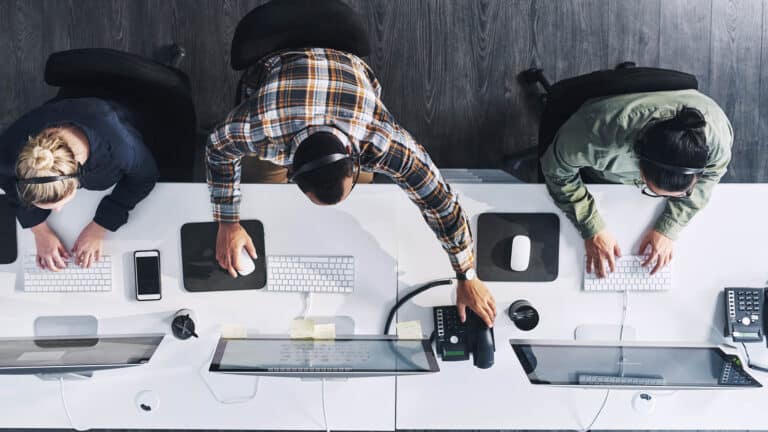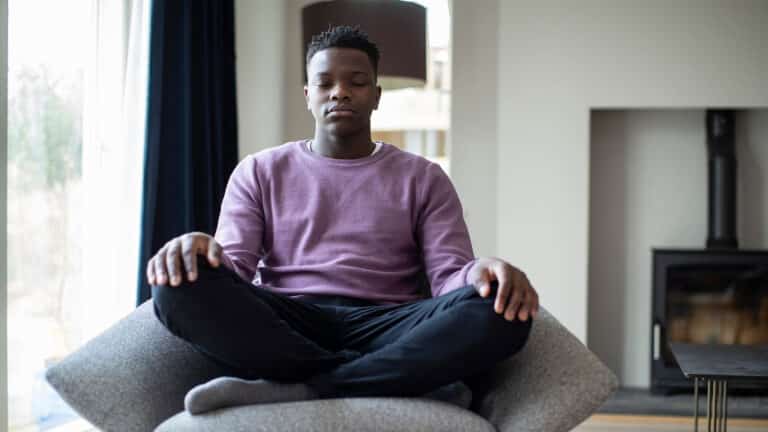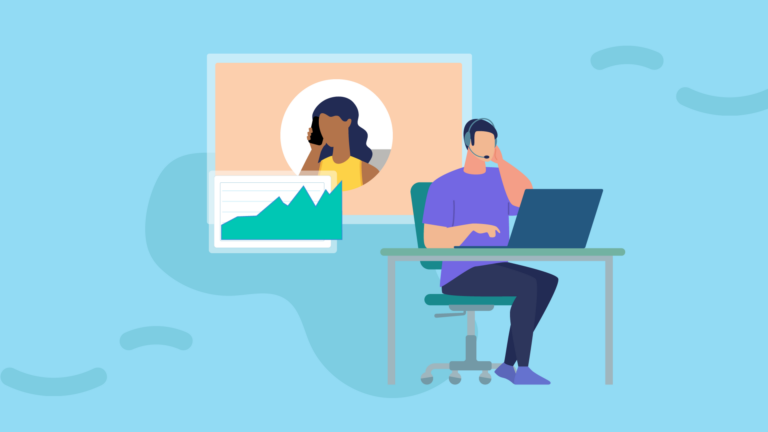The One Thing that Will Make Entrepreneurs More Productive
Have you ever been proud to tell someone about how little you sleep? Did you brag about how much you accomplished or how much money you made because you only sleep three hours a night? Your arrogance could be costing you.
Jason Fried, co-founder of the task management tool Basecamp is fed up listening to over-worked and over-tired entrepreneurs puff-out their chests with pride over their lack of sleep.
“I think this message is one of the most harmful in all of business,” Fried said. “Sustained exhaustion is not a rite of passage. It’s a mark of stupidity.”
Fried isn’t the only entrepreneur extolling the benefits of a good night’s rest. Arianna Huffington, co-founder and editor-in-chief of The Huffington Post, has been spreading the message far and wide of the importance of sleep.
“My decision to get more sleep saved me from myself,” Huffington told Forbes. “For many years, I subscribed to a very flawed definition of success, buying into our collective delusion that burnout is the necessary price we must pay for success. Then, in 2007, I had a painful wakeup call: I fainted from sleep-deprivation and exhaustion, hit my head on my desk and broke my cheekbone.”
Huffington explained that she wakes up now feeling “joyful” and has alertness that wasn’t there prior to making sleep a priority.
“I’m also better able to recognize red flags and rebound from setbacks. It’s like being dialed into a different channel that has less static.”
Your mom was right (isn’t she always). You need to go to bed. It’s time to send yourself to your room and not even think about coming out until the morning.
Sleep is elusive to many Americans. Between work pressure or the stress of running your own business, life responsibilities and all that screen time we get, a good night’s rest has become something of a rare breed. And if you aren’t getting any sleep at night, you’re not alone.
The Center for Disease Control has officially deemed our country’s lack of sleep a public health crisis. The organization reported only one in three Americans is getting the recommended amount of sleep every night – at least seven hours of uninterrupted, blissful, non-baby feeding slumber – and that between fifty and seventy million people suffer from a sleep disorder.
The fact that the CDC sees this as a public health crisis is no surprise; a person who gets less than seven hours of sleep per night isn’t only distracted and frustrated, but their physical and mental health takes a huge hit.
In a study conducted by Harvard Medical School, people who consistently get less than the recommended seven hours of sleep have an increased risk of disease. They found the body could be afflicted with:
Obesity
Less than the optimal amount of sleep messes with hormones that control appetite (ghrelin), blood sugar regulation (insulin), and stress (cortisol). The more stressed you are, the less likely you will make healthy choices.
Type 2 Diabetes
Studies have found that adults who consistently sleep less than five hours a night greatly increase their risk of having or getting diabetes.
Heart Disease and Hypertension
Studies conducted on the effects of sleep and the heart have found a single night of poor sleep causes blood pressure to be elevated throughout the following day. Elevated blood pressure is linked to hypertension and heart disease.
The Immune System
Poor quality sleep or no sleep kicks the immune system into overdrive and depletes white blood cell counts.
Alcoholism or Alcohol Abuse
Alcohol has a soporific effect on the body. Historically, the substance has been used to induce sleepiness. However, there is a latent effect that actually stimulates the brain and can disturb sleep. This creates a nasty cycle that can lead to alcohol abuse or alcoholism.
Death
Getting five hours or less of sleep per night raises your mortality risk from all causes by 15 percent. Also, going full days without sleep kills. Check out the infographic below to see what happens when a person doesn’t sleep.
It’s not just the physical maladies that concern the CDC, but sleep has a major effect on our awareness and cognition. When we don’t sleep and we drive cars or operate heavy machinery, bad things happen.
The National Highway Traffic Safety Administration estimates that 100,000 police-reported crashes each year are the direct result of fatigue, which they admit is likely an underestimation. The Institute of Medicine estimates that drowsy driving is fully responsible for 20 percent of all crashes.
Lack of sleep is also responsible for some of the largest disasters and accidents on record. After investigation, it was found that extreme sleep deprivation was the cause of the Exxon Valdez oil spill and the explosion of the Challenger.
Sleep deprivation doesn’t only take its toll on you, but rather everyone around you. From making rational decisions to causing natural disasters, the importance of sleep cannot be underplayed.
Entrepreneurs make up a majority of the workforce in the U.S., and more than half of them are based out of the home. It can be hard to turn off work when a business belongs to you, especially if your office is in your home. In addition, the pressure of keeping your business afloat leads to stress and worry can keep your brain from shutting down.
It’s abundantly clear that a lack of sleep can ruin your health and the success of your business. Here are some tips that can help you disconnect and see sleep as a necessity and not a privilege. The CDC recommends everyone:
- Go to bed at the same time every night.
- Avoid heavy meals before bed.
- Avoid alcohol and caffeine close to bedtime.
- Avoid nicotine.
Ms. Huffington follows all of these tips but takes her routine a step further by removing all electronics from the room before bedtime. That includes your smartphone, folks.
“With technology, we can now carry our work with us—in our pockets and purses in the form of our phones—wherever we go,” Huffington said. “So we need to make a point to disconnect from our devices, for the sake of our sleep and our overall well-being.”
Want more sleep inspiration? Check out Arianna Huffington’s infamous TED Talk about the correlation between success and sleep.







